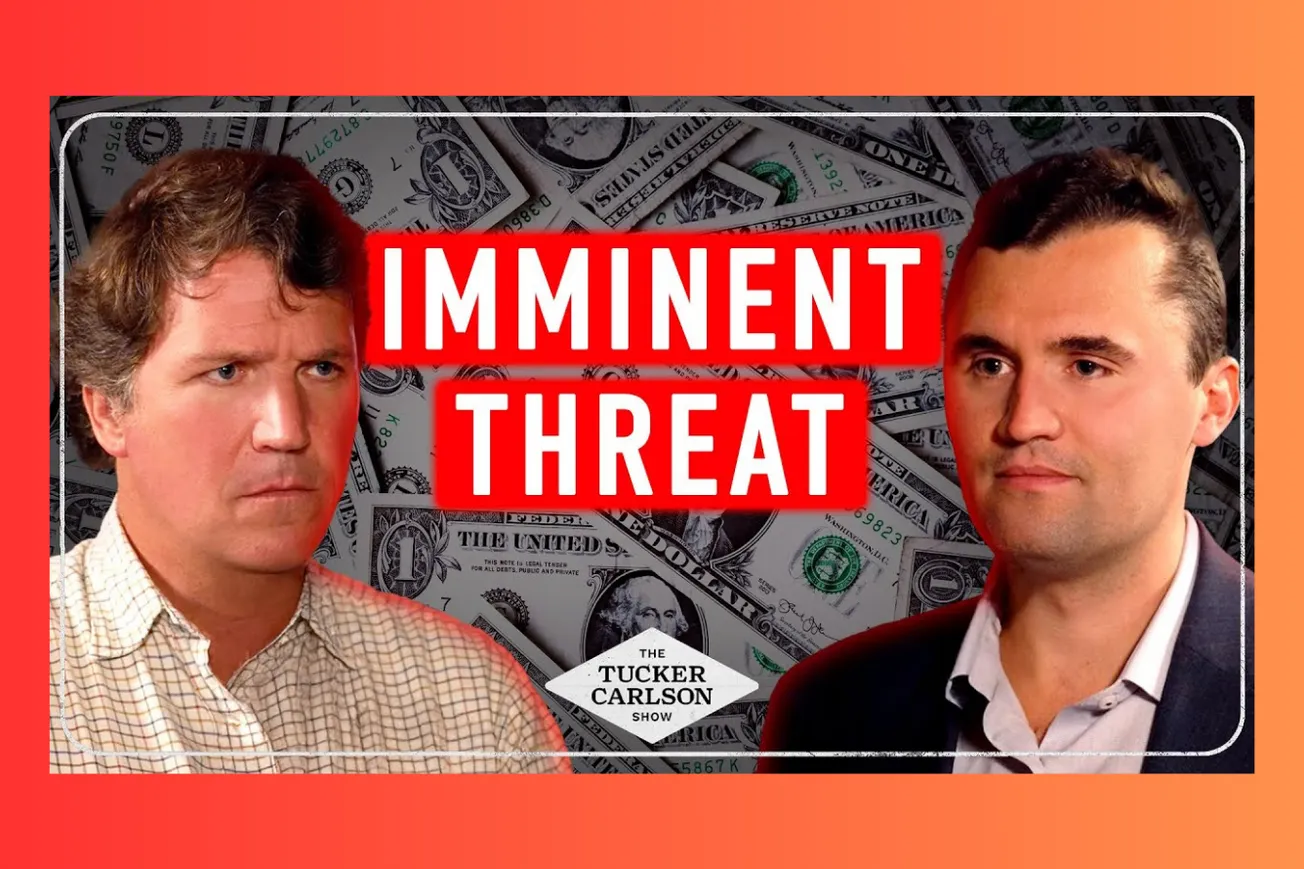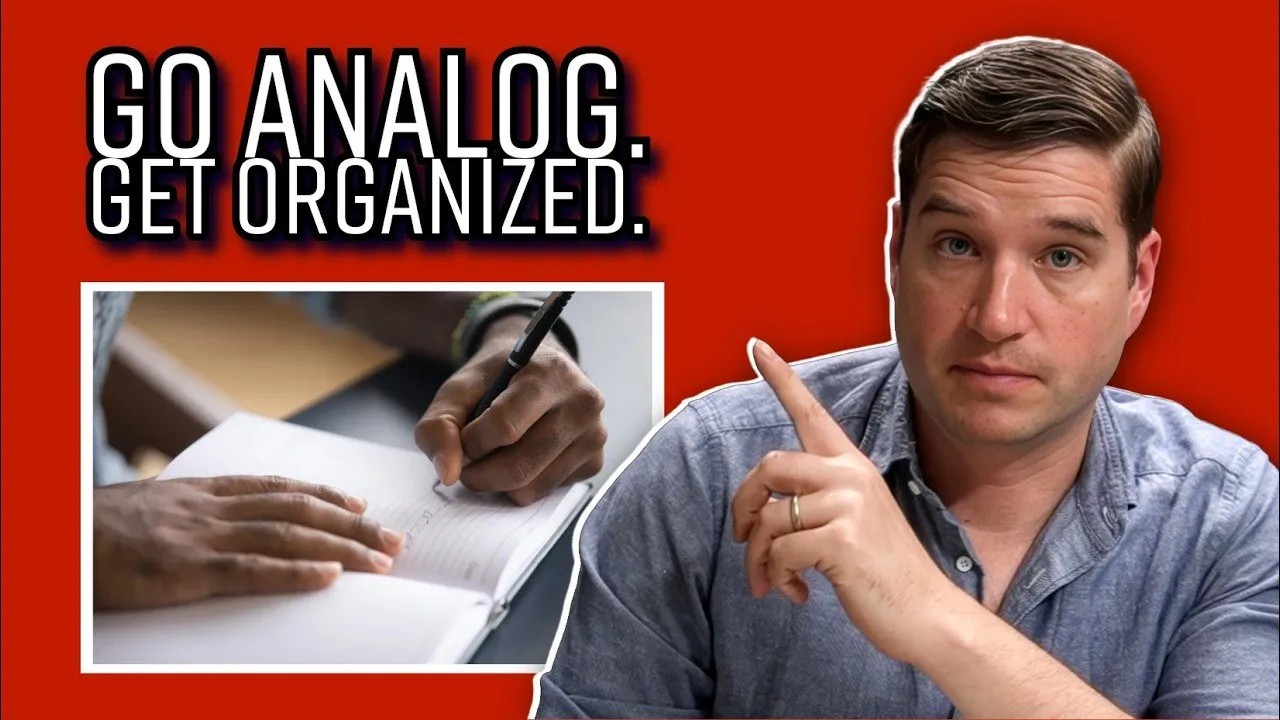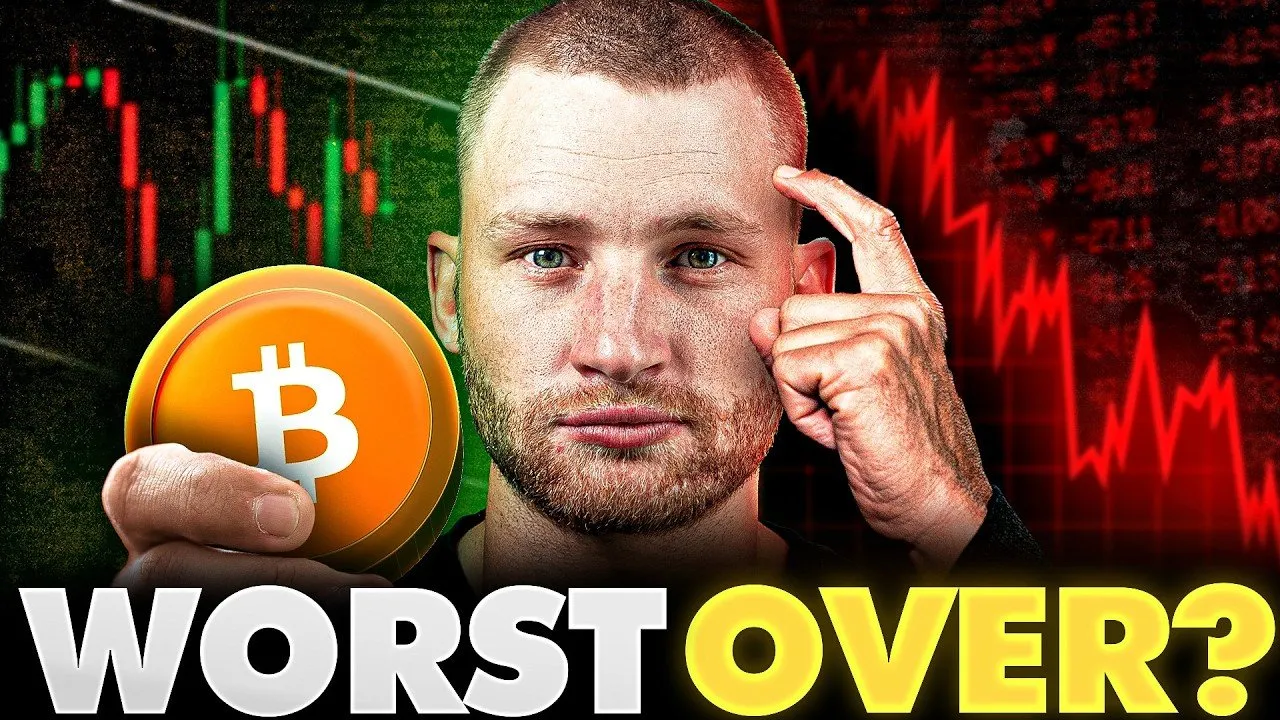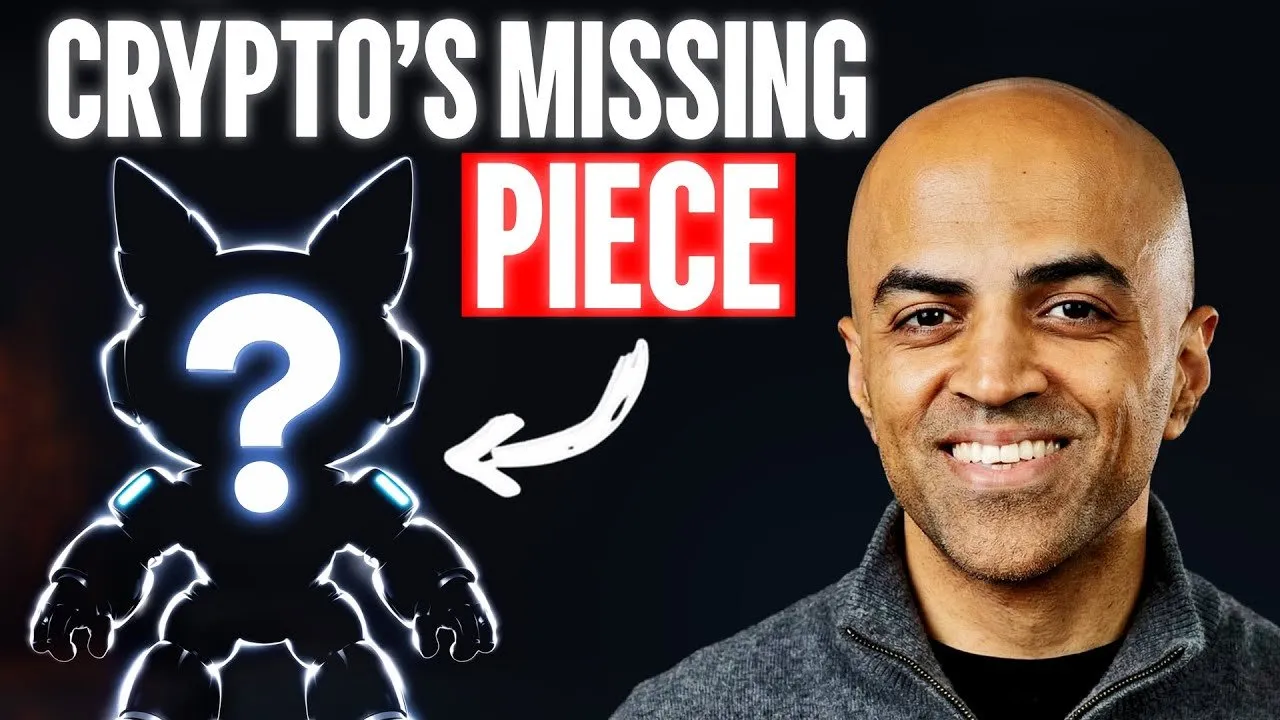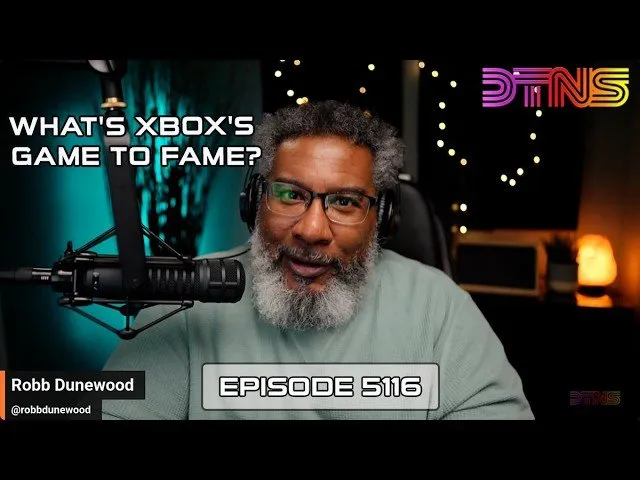Table of Contents
A generation drowning in debt while locked out of homeownership isn't just struggling economically—they're primed for political radicalization that could reshape America forever.
Key Takeaways
- Young Americans face the first generational decline in living standards since George Washington, with home prices now seven times average income versus three times for their parents
- Buy Now Pay Later services like Klarna, Affirm, and Afterpay have created a predatory credit system where 60% of Gen Z finances everything from pizza to concert tickets
- The average first-time homebuyer age has jumped from 30 in 2008 to 38 today, fundamentally altering life milestone expectations
- Young male unemployment sits at 7% while female unemployment is 4%, creating a "Lost Boys" generation disconnected from the workforce
- Economic anxiety, not just cultural issues, drove young voters to support Trump as a "distress signal" demanding attention to their financial struggles
- Without addressing these economic realities, America faces either Teddy Roosevelt-style reform or Hugo Chavez-style revolution
- The rise of politicians like Zohran Mamdani represents early warning signs of economic populism taking radical forms
- Mass immigration compounds housing costs while depressing wages for entry-level American workers
- Baby Boomer policies prioritized their generation's wealth accumulation at the direct expense of younger Americans
The Generational Crisis No One's Talking About
Here's something that should terrify anyone who cares about America's future: for the first time since George Washington, an entire generation is economically worse off than their parents were at the same age. Not during the Great Depression. Not during any previous crisis in American history. Right now.
Charlie Kirk, who spends more time on college campuses than probably any other conservative figure, has been watching this unfold firsthand. What he's seeing isn't just concerning—it's a preview of political upheaval that could make the 2016 election look tame by comparison.
"This is a race against the clock that's happening right now," Kirk explains. "Can we reorder the economic reality of under-30s before dark political radicalization sets in?"
The numbers tell a stark story. When Kirk's parents wanted to buy their first home in the 1970s and 1980s, house prices averaged about three times the typical American income. Today? Seven times average income. Rents have exploded from roughly $900 monthly to $1,500 monthly, adjusted for inflation. The age of first-time homebuyers has stretched from 30 years old in 2008 to 38 years old today.
Think about that shift for a moment. The traditional image of a first-time homebuyer—young couple, maybe a toddler, figuring out adult life—now applies to people pushing 40. By the time today's young adults can afford their first home, their parents' generation was already trading up to larger houses and building generational wealth.
The Hidden Debt Economy Destroying Young Lives
But the housing crisis is just the visible tip of a much darker iceberg. Beneath the surface, an entirely new economy has emerged—one designed to extract wealth from young people who can't afford basic necessities.
Enter the world of Buy Now Pay Later, or BNPL. If you're over 40, you've probably never heard these four letters. If you're under 25, they might control your financial life.
"Buy now, pay later is how 60% according to surveys of generation Z is paying for things month to month," Kirk reveals. "You can split a pizza into four payments."
This isn't hyperbole. Companies like Klarna, Affirm, and Afterpay—two of which are foreign-owned—have created a parallel credit system that bypasses traditional banking regulations. Young Americans are financing everything from groceries to concert tickets to Coachella passes through these services, often without understanding the true costs.
The system works like this: you're 22 years old, your paycheck doesn't cover your expenses, and every purchase becomes a mini-loan. Want tickets to a Cubs game? Finance them over three years. Need groceries from Whole Foods? Split the bill into installments. The late fees and penalties eventually make these companies profitable, but they're not regulated like traditional credit, so borrowers often don't realize they're drowning until it's too late.
"Most are actually doing this to meet their means" rather than live above them, Kirk notes. "There is economic nihilism that is set in to a lot of this next generation where they're not participating in any of the upside right now."
When the Savers Got Wrecked: The Federal Reserve's Role
This didn't happen by accident. The Federal Reserve's post-2008 cheap money policies inflated asset prices while destroying the purchasing power of regular wages. Every economic growth decision of the last 30 years, Kirk argues, has followed the same pattern: "My baby boomer generation is going to benefit, and I don't care if it hurts young people."
The result is a bizarre contradiction that defines modern America. The stock market hits record highs while young people finance pizza purchases. GDP soars while an entire generation gets priced out of the American Dream. We've become simultaneously the wealthiest nation in history and a place where basic necessities require debt financing.
"We're super wealthy on one side, like a powerhouse juggernaut, and we are like an economic nightmare on the other side," Kirk observes. "The wealth went to older people at the expense of the next generation."
Young people sense this instinctively, even when they can't articulate it precisely. They know something is fundamentally broken about an economy where previous generations could work part-time summer jobs to pay for college, while they're told to take on crushing debt for degrees that increasingly don't guarantee good jobs.
The Lost Boys: How Economic Failure Becomes Social Collapse
The economic crisis has created what Kirk calls "the Lost Boys"—young men disappearing from the workforce and society. Young male unemployment sits at 7% while young female unemployment is only 4%. But the problem runs deeper than statistics.
"When men get disenchanted with a dating pool, they pull out from society basically altogether," Kirk explains, contrasting this with women who "focus on friendships and work" when disappointed romantically.
This connects to a broader shift toward what Kirk terms "pink collar jobs"—positions focused on rule enforcement, HR management, and social compliance rather than creation or production. These roles, often requiring college credentials but offering little real economic advancement, appeal more to women than men.
The result? Young men who feel simultaneously unwanted by the dating market and the job market. They retreat into video games, sports betting, cryptocurrency trading, and other forms of escapism while the broader economy leaves them behind.
"You cannot have a generation of young men just check out," Kirk warns. "Young white men helped us win a world war and get to the moon and split the atom. You better give them weed and fentanyl and benzodiazepines and draftkings and porn just to kind of disable them so they don't rise up and eat you."
The Political Powder Keg: From Trump to Mamdani
This economic anxiety drove many young voters toward Trump in 2024, Kirk argues—not as an endorsement of his personality, but as a "distress signal" demanding attention to their financial struggles. Trump won the youth vote in multiple battleground states, something Kirk calls "an incomprehensible accomplishment."
But Trump's success represents just one possible outlet for generational frustration. On the left, figures like Zohran Mamdani—the "Muslim communist" running for New York City mayor who wants the city to run grocery stores—offer a preview of what's coming if economic conditions don't improve.
"This is yet another distress signal by young people to say, hey, if you're not going to fix our life economically, we're going to get very radical politically," Kirk explains.
The parallel to historical revolutionary movements is unmistakable. "Political radicalism does not come out of peace, prosperity, rising wages, stable families, church attendance, and happy people," Kirk notes. "People that own nothing, that feel like their property is diminishing, they don't have property or their dollars diminishing in value, they start to look for alternatives."
The Boomer Wealth Transfer and Its Consequences
Kirk doesn't hesitate to lay blame where he sees it belonging: with the Baby Boomer generation that has spent decades prioritizing its own wealth accumulation over long-term national stability.
"Every single economic growth decision of the last 30 years has been made: I am going to benefit. My baby boomer generation is going to benefit, and I don't care if it hurts young people."
This manifests in everything from monetary policy that inflates asset prices (benefiting property owners) to immigration policies that depress entry-level wages (hurting young job seekers). The Boomers got the benefits of stable families, affordable education, and an economy geared toward building rather than extracting wealth. They then dismantled many of those systems for their children and grandchildren.
The irony is stark: the generation that preached about peace, love, and social justice has created the most economically stratified society in American history. "They're disgusting," Kirk says bluntly, calling them "the dumbest, most narcissistic, the shallowest" generation in American history.
Solutions: The Rooseveltian Path Forward
Kirk sees hope in what he calls a "Rooseveltian" approach—pragmatic policies focused on outcomes rather than ideological purity. Just as Teddy Roosevelt successfully managed America's transition from an agricultural to an industrial economy, today's leaders need to navigate the transition from a financialized economy back to one that creates opportunities for wealth building.
The solution isn't socialism or capitalism in their pure forms, but policies specifically designed to help young Americans build equity and participate in economic growth. This means addressing the housing crisis, regulating predatory lending, and creating pathways for young men to find meaningful work that pays living wages.
"We want an ownership economy where people feel invested, that have real equity," Kirk explains. The goal is "people that are grateful" rather than resentful, because "grateful people do not get behind Vladimir Lenin, and they certainly don't get behind Chavez or Castro."
The Immigration Factor: Housing and Wages
Any honest discussion of young Americans' economic struggles must address immigration's role in housing costs and wage depression. Kirk advocates for deporting "20 million people" while building "10 million new homes" and ensuring "private equity cannot buy them."
The math is straightforward: when you flood housing markets with new residents while restricting construction, prices rise. When you flood labor markets with workers willing to accept below-market wages, compensation stagnates. Young Americans get squeezed from both sides.
This isn't anti-immigrant sentiment, Kirk argues, but pro-American worker policy. "We have a 7% young male unemployment rate. Wait a second. 7% unemployment used to be called a crisis in this country," he notes. "Maybe we should go hire some of the young men that are on the sidelines of this economy."
The Stakes: Reform or Revolution
The window for addressing these issues through normal political processes may be closing rapidly. Kirk warns that without significant economic reforms, America faces either "a stormy the Bastille or Nuremberg"—chaotic revolution or structured political upheaval.
"If we do not smash the administrative state and the deep state in the coming six to 12 months, then we're actually not gonna bring this entire intelligence apparatus to heal," he argues. The economic crisis connects to every other challenge facing America, from political polarization to social breakdown.
The choice isn't between capitalism and socialism—it's between reform and revolution. Between addressing legitimate grievances through democratic institutions or watching those institutions get swept away by angry young people who feel they have nothing left to lose.
As Kirk puts it: "This could be two ways. It can either be a stormy the Bastille or Nuremberg." The question isn't whether change is coming. The question is whether America's leaders will guide that change constructively or let it explode destructively.

